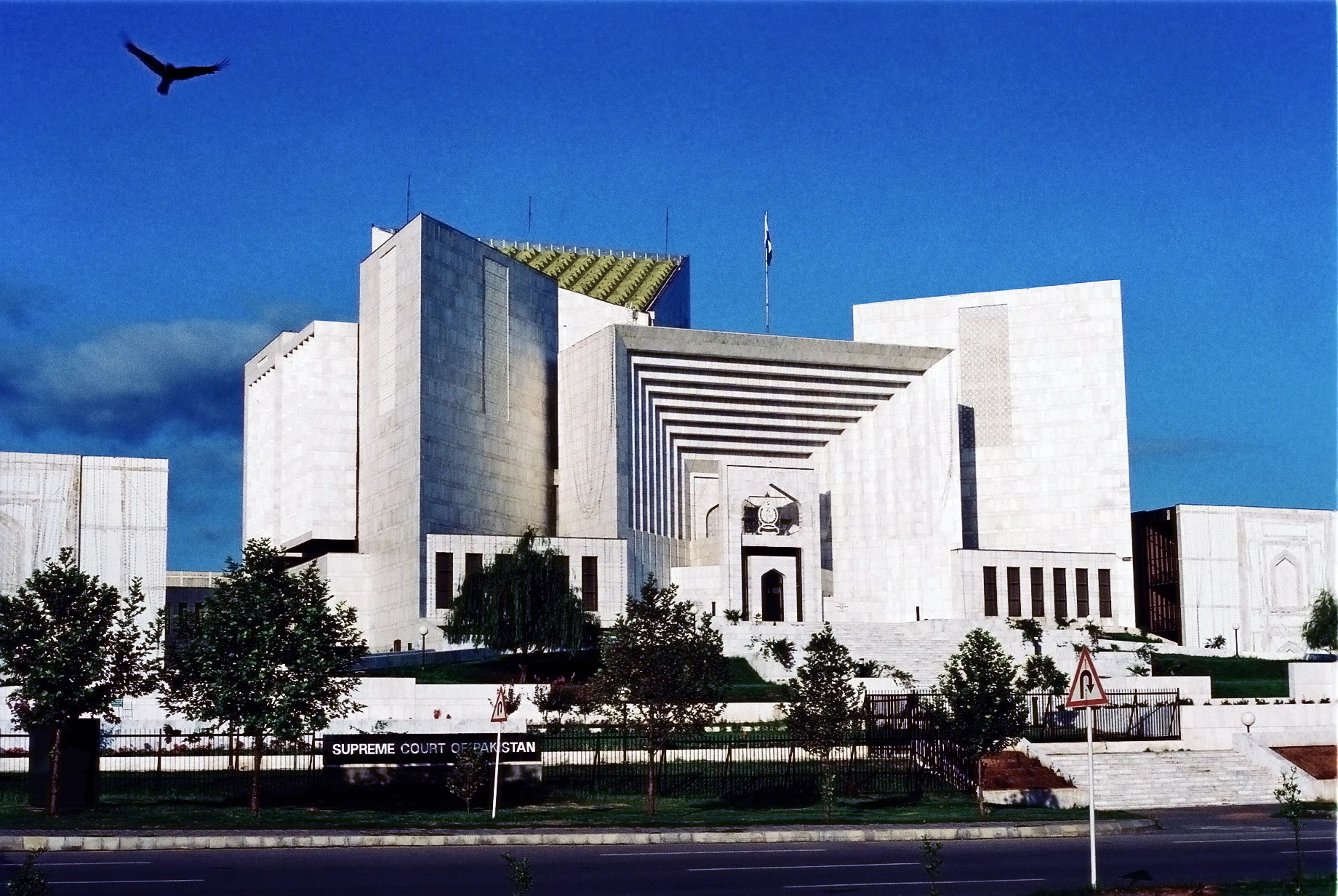Supreme Court orders release of convicts after 12 years

Stay tuned with 24 News HD Android App

The Supreme Court of Pakistan has overturned the Lahore High Court's verdict, ordering the release of a person namely Muhammad Ijaz, aka Billa, and his accomplice, Naseem Akhtar, who were previously convicted of murder reported 24NewsHD TV channel.
This decision overturns the LHC's ruling, annulling Ijaz's death sentence and Naseem Akhtar's life imprisonment due to significant inconsistencies in witness statements and evidence.
The apex court held that the deceased, Abdul Majeed, had not filed any complaints against his wife, Naseem Akhtar, or Muhammad Ijaz.
The court found it surprising that the lower judiciary concluded there was an illicit relationship between the two accused without any solid evidence.
Despite the incident occurring in broad daylight, none of the witnesses supported the plaintiff's version of events.
The court records revealed that Naseem Akhtar had been pressuring her husband to secure his share of the family inheritance.
The Supreme Court highlighted the necessity of Akhtar's presence for the upbringing of her four children, who have already lost their father.
In 2010, Muhammad Ijaz was convicted of murdering Abdul Majeed, the husband of his accomplice, Naseem Akhtar.
The prosecution's case was based on the allegation of an illicit relationship between the accused.
The FIR claimed that the two were caught administering electric shocks to Abdul Majeed. When discovered, Muhammad Ijaz allegedly began firing, resulting in Abdul Majeed's death.
The defense argued that what was presented as a murder was actually a suicide case.
They contended that there was no evidence proving an illicit relationship between Ijaz and Akhtar.
On the other hand, the prosecution maintained that the two intended to eliminate Abdul Majeed from their lives.
Justice Hasan Azhar Rizvi issued the 13-page judgment, concluding that the contradictions in the evidence were too significant to uphold the convictions.
